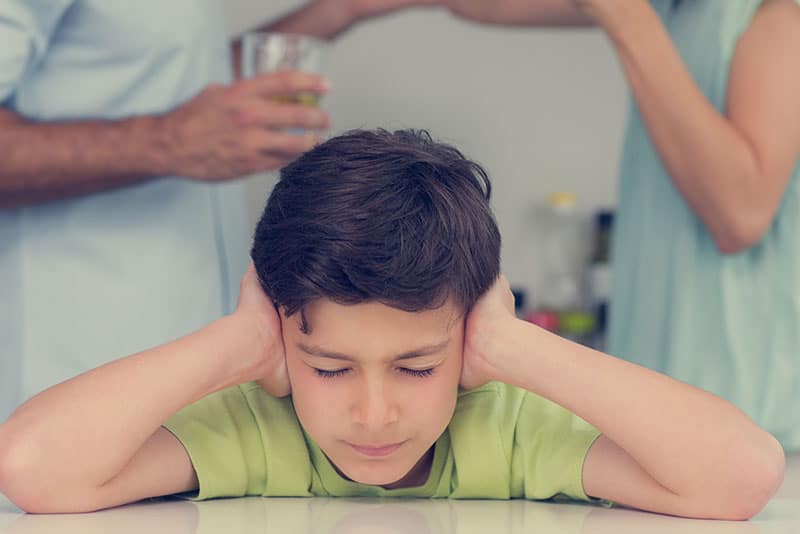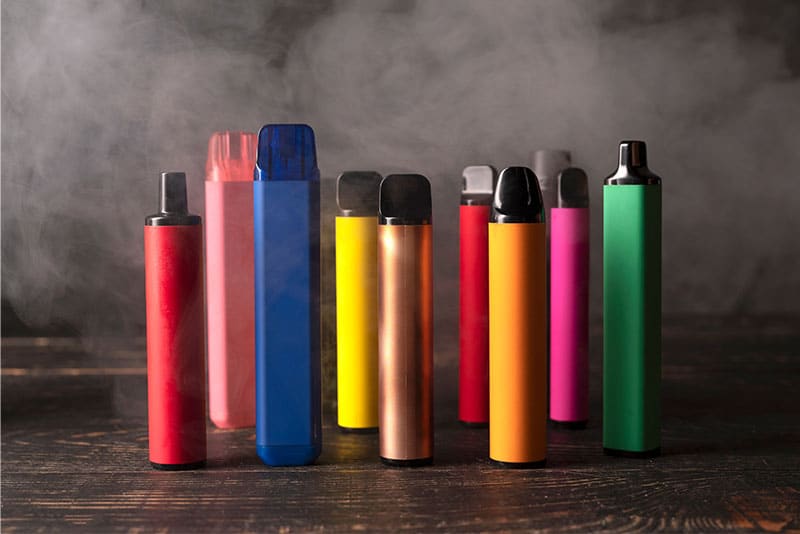Alcohol Harm Prevention
Every additional drink increases your risk of developing eight types of cancer. On this page you’ll find reasons to reduce your alcohol intake, tips on how to, and the services and tools that can help you.
One less drink is a step towards a healthier you.

Our goal
We want individuals and families living on the Central Coast to live long and healthy lives. However, the alcohol industry’s rapid expansion into our communities is posing a threat to our health.
We are seeing more applications for new bottle shops, or for existing outlets to extend their trading hours to sell alcohol, in areas of the Coast already saturated with them. This places communities already facing health inequalities at greater risk of harm.
In addition, since 2019 there has been an influx of companies offering home-delivered alcohol, making it easily accessible by children and other people in our community with particular health needs. Over the past two years, we have seen a 71% increase in delivery-only liquor licenses on the Central Coast.[1]


The alcohol industry continues to bombard us with aggressive, relentless advertising, including in places where children and young people are exposed to it.
This perfect storm has led to some alarming statistics on the Central Coast, with more people in our hospitals as a result of alcohol-related incidents and illness,[2] and high numbers of alcohol-fueled assaults both inside and outside the home. For example, domestic assault rates due to alcohol are more than 40% higher on the Central Coast than the average across NSW.[3]
Our work and how you can help
We work to protect our communities from the alcohol industry’s harmful products that put their profits before our health. Our work stretches across four main areas, and there are ways you can help take action too.
ID checks
Ensuring bottle shops check ID and don’t place children at harm by selling them alcohol. You can report a breach in the laws to Liquor & Gaming.
Same-day online delivery
Ensuring providers of same-day online delivery of alcohol check ID and don’t place children at harm by selling them alcohol. You can report a breach in the laws to Liquor & Gaming.
Alcohol licence applications
Advocating against unnecessary applications for more alcohol retailers in parts of the Central Coast that place communities at further risk, or applications for extended trading hours that would push out alcohol at times when there is a much greater risk of harm. You can search for the latest applications in your area on the Liquor & Gaming website and have your say.
Breaches of advertising codes of conduct
Calling for higher standards to protect children and vulnerable people from aggressive alcohol advertising and promotions. You can lodge a breach in the alcohol advertising codes.
Alcohol is harmful to our health
With the alcohol industry’s aggressive marketing and normalisation of alcoholic products, it could be easy to forget the harm they cause to our health.
Alcohol is not good for our physical or mental health and has been identified as the sixth leading cause of disease in Australia. Every additional drink increases your risk of developing eight types of cancer.
Drinking during pregnancy can lead to fetal alcohol spectrum disorder (FASD) that damages parts of the brain in a baby and leads to difficulties with physical activities, language, memory, learning and behaviour. Babies severely affected by FASD are at risk of dying before they are born.

Benefits of drinking less
There are heaps of benefits to drinking less or giving up alcohol altogether. These include:
-
Reduce your risk of cancer
Drinking any type of alcohol (beer, wine or spirits) even in small amounts increases your risk of cancer. The more you drink, the greater your risk.
-
Better mental health
Alcohol interferes with chemicals in the brain that are vital for good mental health and can lead to feelings of depression and anxiety.
-
Better quality sleep
We get better quality sleep when we don’t drink, which means we have more energy to do the things we want to do, less fatigue and better concentration, making us more productive and creative.
-
Easier to lose weight
You’ll find it easier to lose weight. As well as its high calorie count, alcohol slows the metabolism, making it harder for your body to process fats and sugars.
-
Improved memory
Drinking can prevent us from storing new memories and make it harder for us to remember old ones, including remembering skills, knowledge and information learnt in the past.
-
More hydrated
Meaning less headaches, better concentration and the ability to perform at your best in sport.
-
Better skin
Alcohol causes the skin to be red, blotchy and puffy, while hydrated skin is far more radiant and less likely to appear dull, wrinkly and aged.
-
Reduced blood pressure
Alcohol increases our blood pressure, one of the main causes of heart disease.
-
Healthier liver
Within four weeks of cutting out alcohol, our liver fats reduce significantly, enabling our liver to do its thing – fighting infection, removing bacteria from the blood, producing proteins and enzymes, and so much more.
-
Better feeling stomach
Not only will you be able to better absorb nutrients and store vitamins and minerals, but you’ll be less prone to things like indigestion and acid reflux that are brought on by drinking.
-
More money
Go treat yourself!

Tips to reduce the amount of alcohol you drink
Cancer Council has some handy tips on how you can reduce the amount of alcohol you drink and help reduce your risk of eight different types of cancer.
Remember, one less drink is a step towards a healthier you.
Support to drink less alcohol
We know it’s hard to cut down on alcohol when there are bottle shops and other licensed premises on every street corner, all while you’re being bombarded with advertisements for alcoholic products on billboards, television or social media.
However, as well as addressing alcohol access in our community and exposure to harmful, targeted advertising, there are supportive programs and resources out there that can help you reduce your alcohol intake.

Get Healthy Service
Changing your drinking habits is easier with someone in your corner. Did you know you can get support over the phone from your own free health coach through the Get Healthy Service?
Coaches are friendly and trained to help you change your drinking habits. They will give you practical tools and support you, without judgement, helping you to set achievable goals, make a plan (starting with small steps), and overcome barriers that stand in your way. They will work as a team with you and celebrate your successes with you.
To sign up, call 1300 806 258 or visit the Get Healthy Service website and complete the simple online form. There’s even a dedicated service for pregnant women.

For free and confidential advice 24/7, call the Alcohol and Drug Information Service (ADIS) on 1800 250 015. Counsellors are available to provide information, crisis counselling, support and referrals to other appropriate services in NSW. Or start a web chat with an ADIS counsellor online Monday to Friday, 8.30am–5pm.



The FARE (Foundation for Alcohol Research and Education) website has lots of helpful information and resources, including tips and tools to cut down your alcohol intake. You can also join its Voices for Change – an online space where people can share their experiences with alcohol, learn from others’ experiences, and find resources and support – and its community to take action against the alcohol industry’s harmful advertising. You can also read more about FARE’s Every Moment Matters campaign, which supports people to stop drinking alcohol throughout all the moments of pregnancy, right from the moment they start trying to get pregnant.

Check out Your Room’s brilliant games and tools, including its standard drink calculator, quizzes and risk assessment tool to learn whether your drinking habits are pitting you at risk.

Alcohol can cause increased stress, anxiety and depression. If you or someone you know needs help, call the Mental Health Line 24 hours a day, 7 days a week on 1800 011 511. The service is run by NSW Health and staffed by trained mental health professionals who will provide confidential advice, assessment and referral.

Other pages you might be interested in
Latest News


Get active to improve your strength and balance this April Falls



